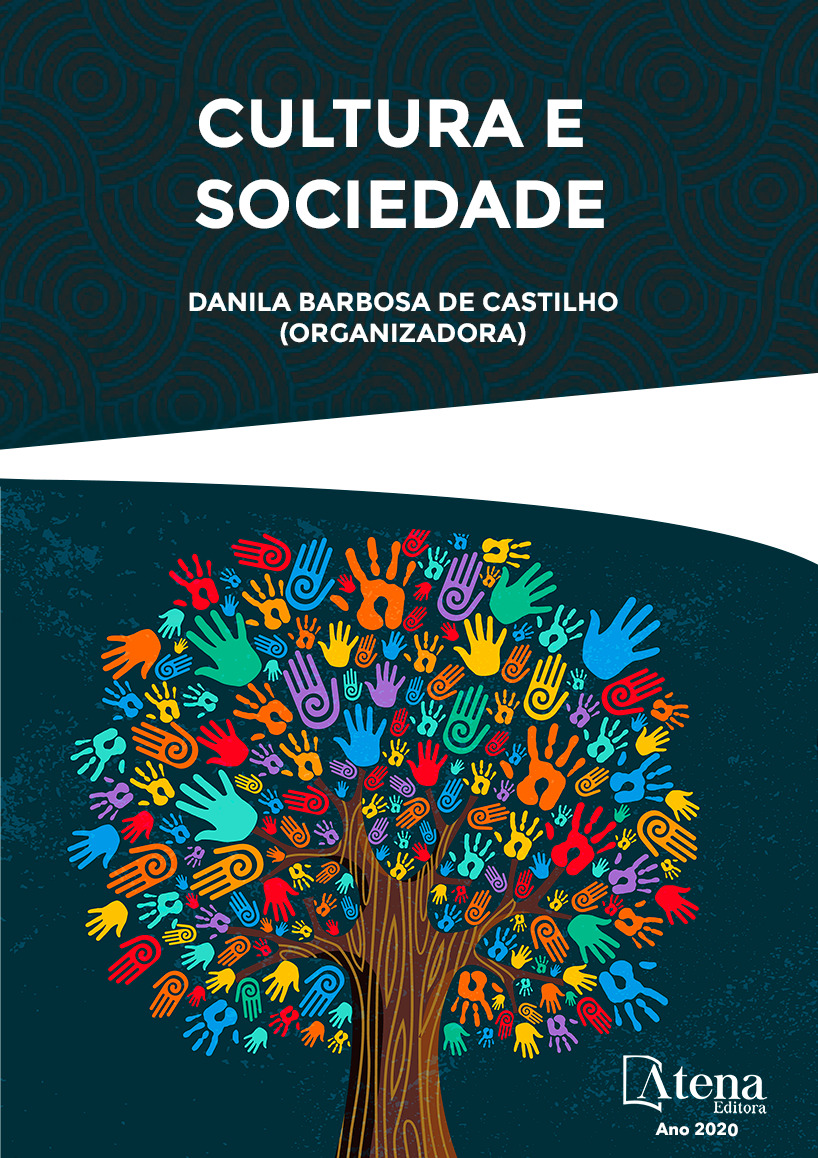
FERNANDO PESSOA ENTRE TRADIÇÃO E CONTEMPORANEIDADE
Fernando Pessoa assume-se como
o intérprete da cultura nacional portuguesa em
seu livro “Sebastianismo e Quinto Império”.
Nessa obra, o poeta entende a simbologia do
mito unificador sebastianista como uma crença
popular que forja as características da alma
portuguesa e as bases da formação identitária
do seu povo. A partir dessa interpretação,
Pessoa transmuta a mitologia sebastianista em
uma nova forma de religião. O presente estudo
propõe a análise da influência dessa “religião”
na formação e na estruturação da sociedade
portuguesa da época. Para Pessoa, o mito,
quando transmutado em religião, constrói a
alma portuguesa partindo da esperança da
salvação unificadora sebastianista, a única
capaz de suportar a multiplicidade cultural do
país. Assim, a literatura de Fernando Pessoa
produz uma religião própria à Portugal firmada
no porvir da unidade gloriosa do seu mosaico
cultural. Desta forma, Fernando Pessoa cria
uma identidade em constante construção, ao
mesmo tempo permeável e tradicional. Portanto,
no panorama poético universal, a presente
investigação revela a contemporaneidade
deste autor a partir das releituras modernas e
pósmodernas de sua estética e pensamento,
abrindo novas perspectivas de interpretação de
sua obra.
FERNANDO PESSOA ENTRE TRADIÇÃO E CONTEMPORANEIDADE
-
DOI: 10.22533/at.ed.9432012024
-
Palavras-chave: Fernando Pessoa. Mito. Religião. Sebastianismo
-
Keywords: Fernando Pessoa. Myth. Religion. Sebastianism
-
Abstract:
Fernando Pessoa it is assumed
as the interpreter of portuguese national culture
in his book “Sebastianismo e Quinto Império”. In
this work, the poet understand the symbology of
the sebastianist unifying myth as a popular belief
that forges the characteristics of the portugese
spirit and the bases of the identity formation
of its people. From this interpretation, Pessoa
transmutes the Sebastianist mythology into a
new form of religion. The present study proposes
the analysis of the influence of this “religion” in
the formation and structuring of the portuguese
society of the time. For Pessoa, myth, when
transmuted into religion, builds the portuguese
spirit out of the hope of Sebastian’s unifying
salvation, the only one capable of supporting the cultural multiplicity of the country.
Therefore, the literature of Fernando Pessoa produces a religion proper to Portugal
signed in the future of the glorious unity of its cultural mosaic. In this way, Fernando
Pessoa creates an identity in constant construction, at the same time permeable and
traditional. Therefore, in the universal poetic panorama, the present investigation reveals
the contemporaneity of this author from the modern and postmodern re-readings of his
aesthetics and thought, opening new perspectives of interpretation of his work.
-
Número de páginas: 17
- Rafaela Favarin Somera


